Discover comprehensive information for all aspects of sexual health and find resources and guidance to empower your sexual well-being.
Erectile dysfunction (ED) is a common condition that affects men of all ages, impacting their…
Discover comprehensive information for all aspects of sexual health and find resources and guidance to empower your sexual well-being.
Erectile dysfunction (ED) is a common condition that affects men of all ages, impacting their…
Sleep-related painful erection (SRPE) is a rare condition where people get painful erections while they’re…
The International Society for the Study of Women’s Sexual Health describes Hypoactive sexual desire disorder…
Feeling nervous about sexual performance, known as Sexual Performance Anxiety (SPA), is pretty common. But…
The pelvic floor muscles are the unsung heroes of our body’s core, providing support to…
Painful erections never indicate normalcy, and sometimes signal a medical emergency. Severe pain may necessitate…
Prostate health is a critical concern for men, especially as they age. The prostate gland…
Zinc is a very important element that our bodies need in small amounts for various important functions like making proteins, helping enzymes work, and regulating genes. Not having enough of it can lead to a bunch of health issues.
Scientists realized way back in 1869 that zinc was crucial for the growth of certain organisms. But it wasn’t until the mid-20th century that they understood how important it is for the growth and development of mammals, including humans.
Table of Contents
Toggle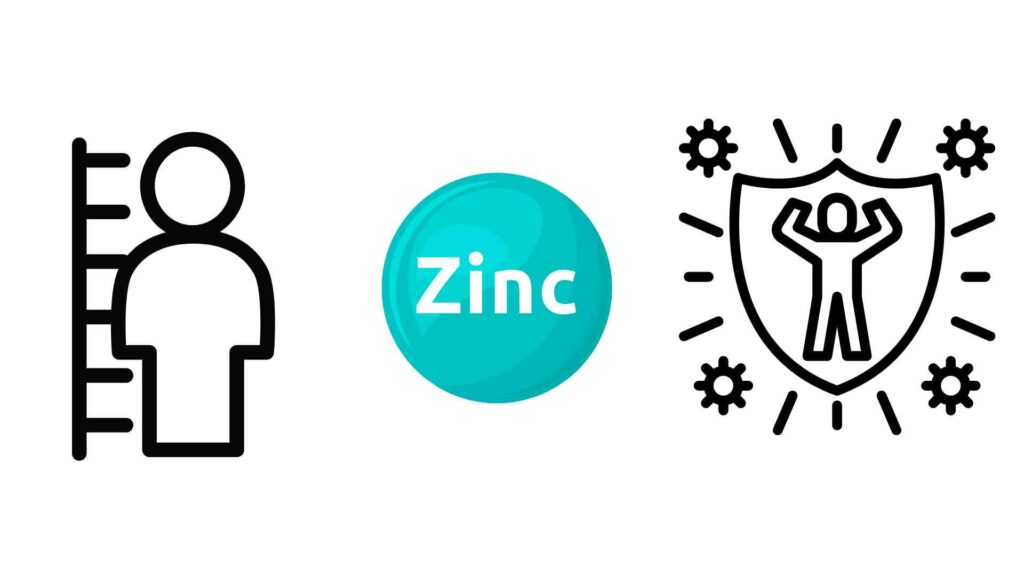
Zinc is super important for our bodies because it helps around 300 different enzymes do their jobs properly. These enzymes are like tiny machines in our body that help with various chemical reactions.
It also has a big impact on certain types of enzymes called metalloenzymes, like carbonic anhydrase, which helps regulate pH in our bodies, and alcohol dehydrogenase, which breaks down alcohol.
When it comes to growth, zinc is crucial too. Not getting enough of it can lead to birth defects, and recent studies have shown that it is also important for how our genes work and how our cells specialize into different types.
Zinc also plays a big role in our immune system. In animals, not having enough of it can shrink certain immune tissues and weaken the body’s response to infections.
In humans, there’s a rare condition called acrodermatitis caused by a problem with zinc transport proteins. People with this condition can have skin and digestive issues, growth problems, and get sick easily. But luckily, giving them the right amount of zinc can reverse all these symptoms.
Research demonstrates numerous health benefits of zinc.
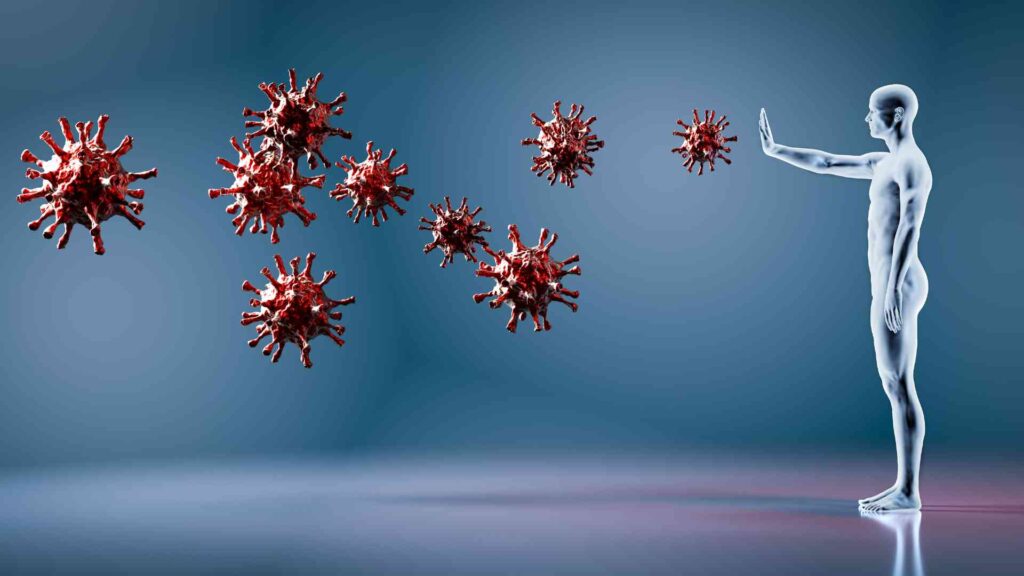
Zinc boosts your immune system by helping maintain its strength. Its deficiency can weaken your immune response because it’s necessary for immune cell function and cell signaling.
Zinc supplements can stimulate specific immune cells and reduce oxidative stress.

Zinc accelerates wound healing and is often utilized in hospitals to treat burns, certain ulcers, and other skin injuries.
This mineral plays critical roles in collagen synthesis, immune function, and inflammatory response, making it essential for proper healing.
While a zinc deficiency can slow wound healing, supplementing it can expedite recovery.
Zinc may reduce the risk of certain age-related diseases, such as pneumonia, infection, and age-related macular degeneration (AMD).
It may relieve oxidative stress and enhance immune response by increasing the activity of T-cells and natural killer cells, which defend your body from infection.
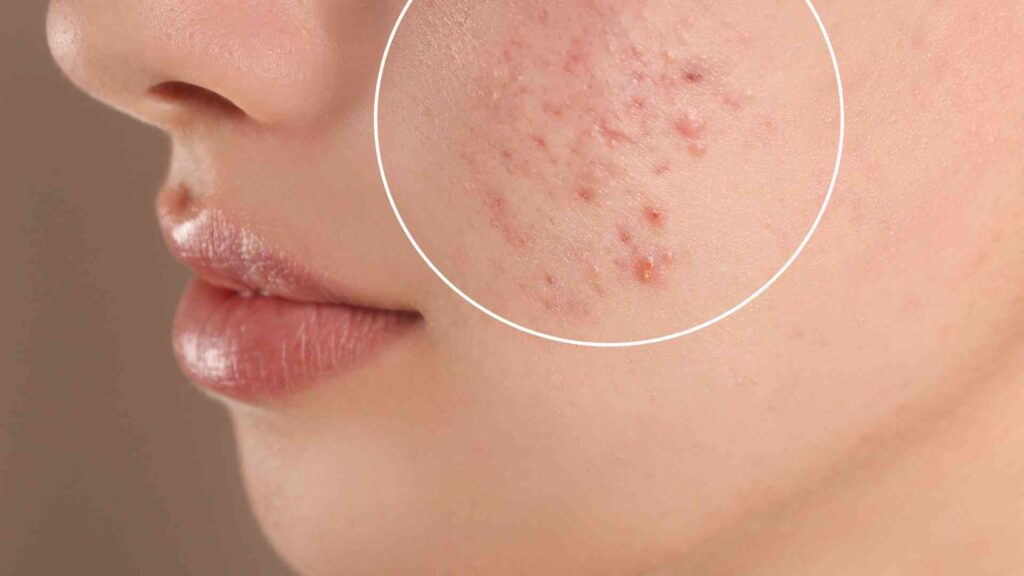
Acne occurs due to obstruction of oil-producing glands, bacteria, and inflammation.
Studies suggest that both topical and oral zinc treatments can effectively treat acne by reducing inflammation, inhibiting the growth of P. acnes bacteria, and suppressing oil gland activity.
People with acne often have lower levels of zinc, so supplements may help alleviate symptoms.
Zinc decreases inflammation by reducing oxidative stress and levels of certain inflammatory proteins in the body.
Oxidative stress contributes to chronic inflammation, which is a factor in various chronic illnesses such as heart disease, cancer, and mental decline.
In a study involving 40 older adults, those who consumed 45 mg of zinc per day experienced greater reductions in inflammatory markers compared to a placebo group.
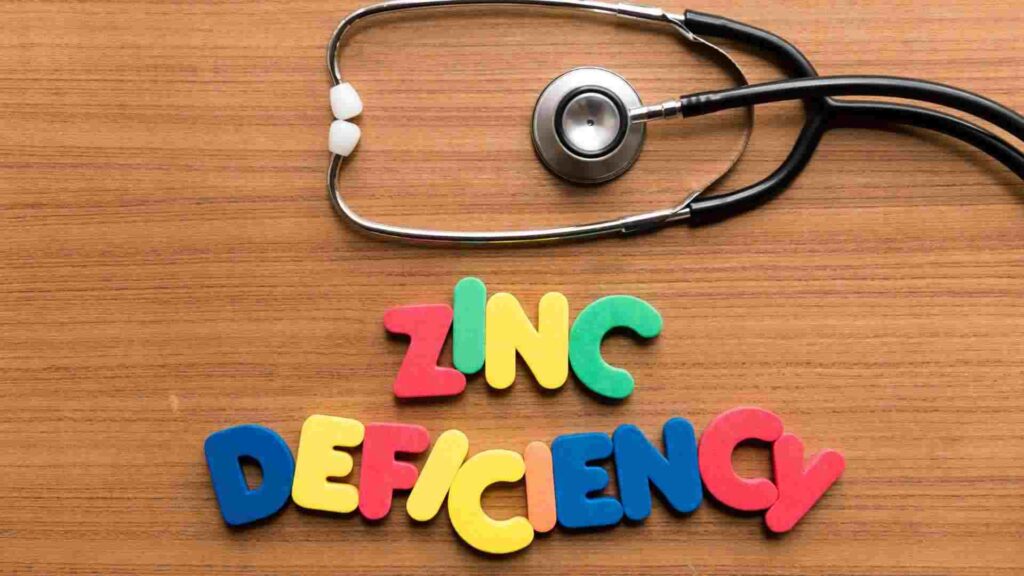
Deficiency isn’t very common, but it’s more likely in certain groups of people. This includes those who have trouble absorbing zinc due to digestive issues like inflammatory bowel diseases or after gastrointestinal surgery.
People with chronic liver or kidney problems are also at risk. Conditions like prolonged diarrhea, severe burns, or sepsis (a serious infection) can drain zinc from the body, leading to a deficiency.
Some other groups at risk are:
Signs that someone might not be getting enough of this mineral include:
Signs of toxicity include:
It’s important to note that zinc toxicity mainly happens from taking too many supplements, not from eating too much zinc-rich food.
Here are the recommended amounts of zinc you should aim for:
For adults aged 19 years and older, it’s 11 mg per day for men and 8 mg per day for women.
Pregnant women should aim for 11 mg per day, and those who are breastfeeding should aim for 12 mg per day.
The UL is the maximum daily intake that’s unlikely to cause harm to your health.
For both men and women aged 19 years and older, the UL is 40 mg per day.
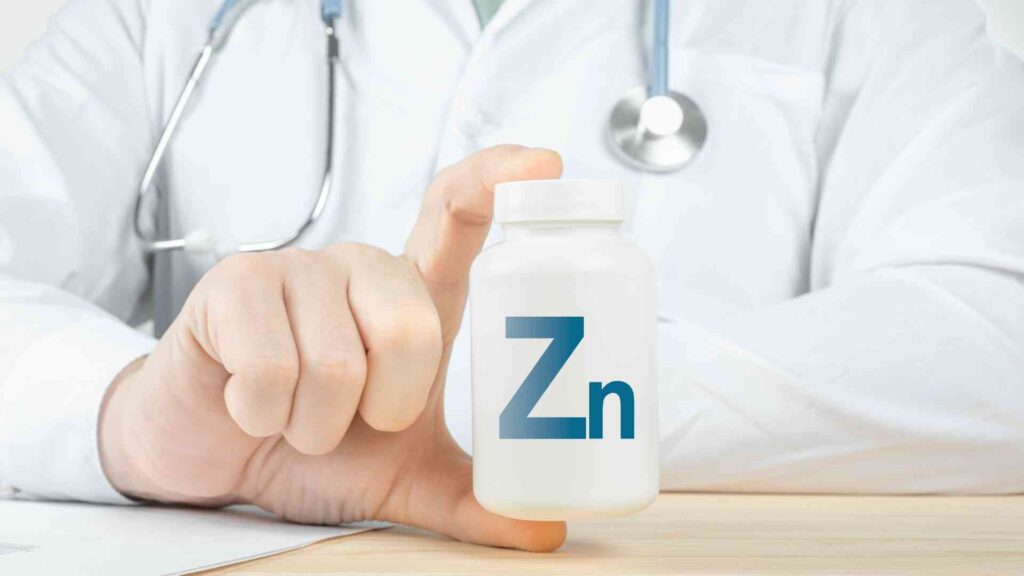
Supplements come in pills and lozenges. They can help with immune problems caused by not having enough zinc, as well as with diarrhea and liver disease.
They’ve also been found to be helpful in treating and preventing serious lung infections like pneumonia, helping people recover faster.
Considering all the different ways zinc deficiency can mess up your body, it makes sense to think about taking zinc supplements along with other treatments for many diseases. But it’s important to be careful, especially in certain groups of people.
For example, people with AIDS or type 1 diabetes might want to avoid zinc supplements because they could make their conditions worse. And taking too much of it for a long time can lead to problems like not having enough copper or iron, causing anemia, or slowing down growth.
There are guidelines for how much zinc to take for different conditions, but it’s always wise to be cautious about taking too much of any nutritional supplement for a long time.
If you’re unsure about your zinc intake, a registered dietitian can check your diet and see if you need to consider adding supplements.
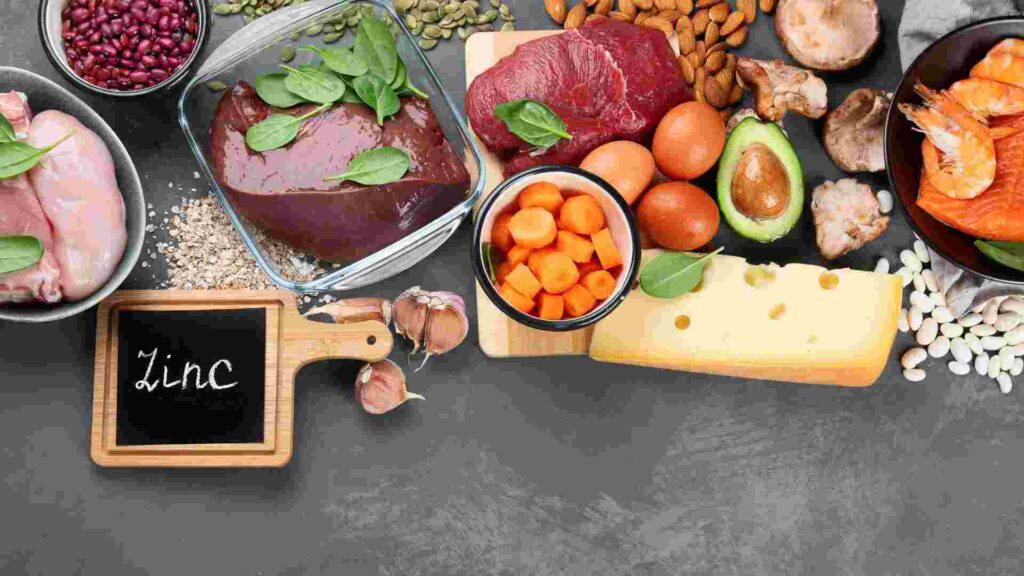
You can get it from a variety of foods, both from animals and plants, which makes it pretty easy for most people to get enough in their diet.
Here are some foods that are particularly high in zinc:
Animal products tend to have zinc that your body can easily absorb, but keep in mind that plant-based sources may not be absorbed as efficiently due to other compounds in the plants that can hinder absorption.
It’s also worth noting that some foods, like certain breakfast cereals and snack bars, are fortified with extra zinc to boost your intake.
Zinc plays crucial roles in our body, such as DNA synthesis, immune function, metabolism, and growth. It also has potential benefits like reducing inflammation and lowering the risk of certain age-related diseases.
Usually, people get enough zinc through their diet to meet the recommended daily intake of 11 mg for males and 8 mg for females. However, older adults, individuals on restrictive diets, and those with conditions that affect zinc absorption might need to take supplements.
It’s essential to be cautious with supplements because taking high doses can cause harmful side effects. It’s best to follow recommendations and only use supplements when needed to avoid any risks.
References
Dr. Nishtha, a medical doctor holding both an MBBS and an MD in Biochemistry, possesses a profound passion for nutrition and wellness. Her personal journey, marked by significant struggles with physical and mental health, has endowed her with a unique empathy and insight into the challenges countless individuals face. Driven by her own experiences, she leverages her background to offer practical, evidence-backed guidance, empowering others on their paths to achieving holistic well-being. Dr. Nishtha truly believes in the interconnectedness of the mind and body. She emphasizes the significance of understanding this connection as a crucial stride toward attaining balance and happiness in life.

